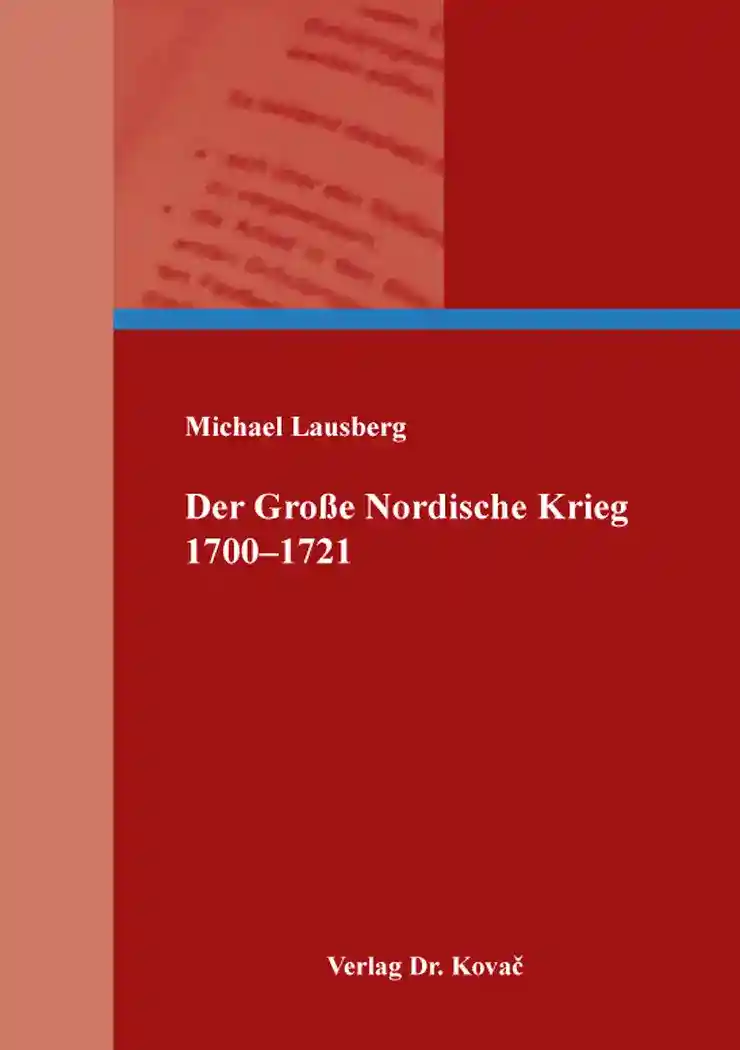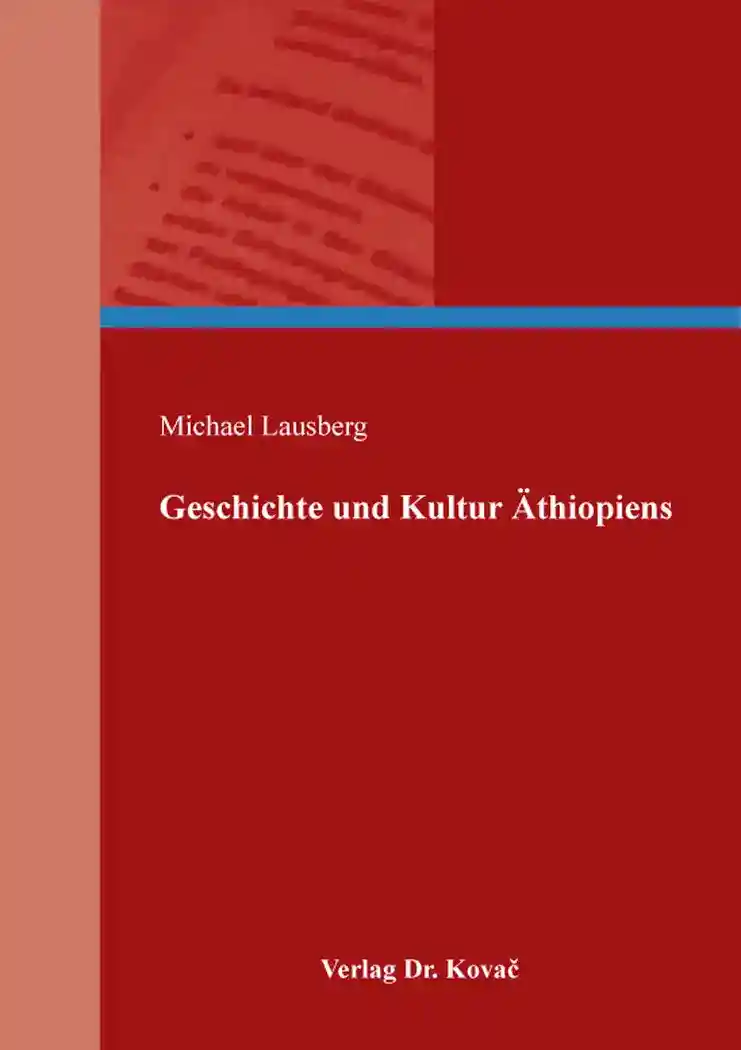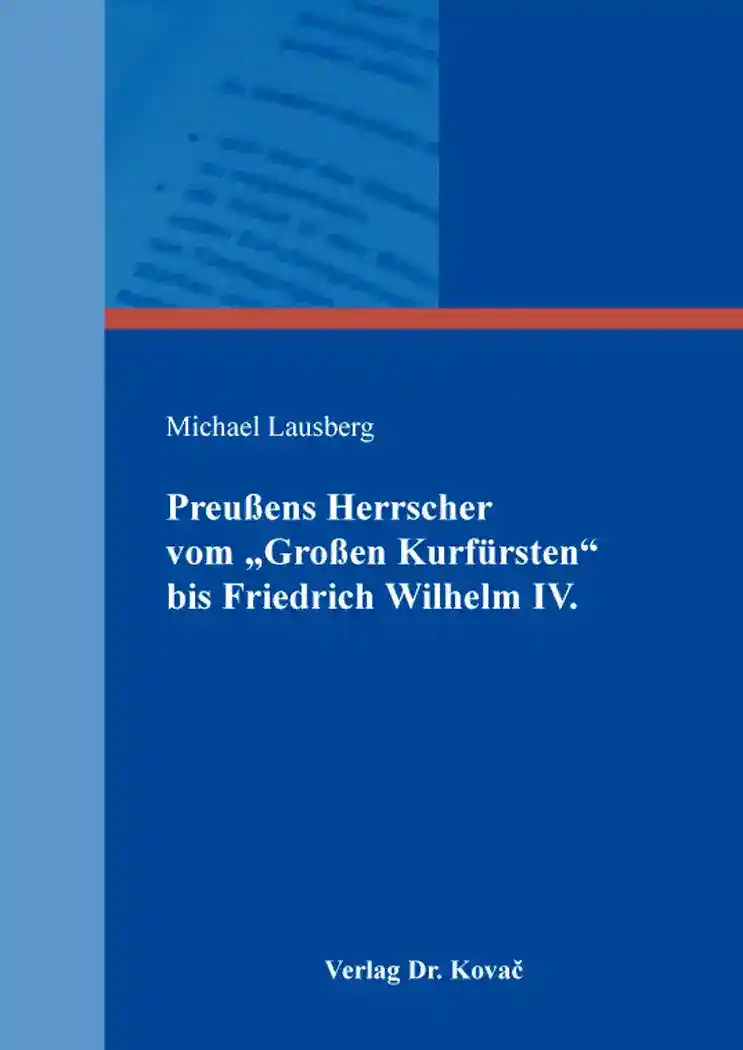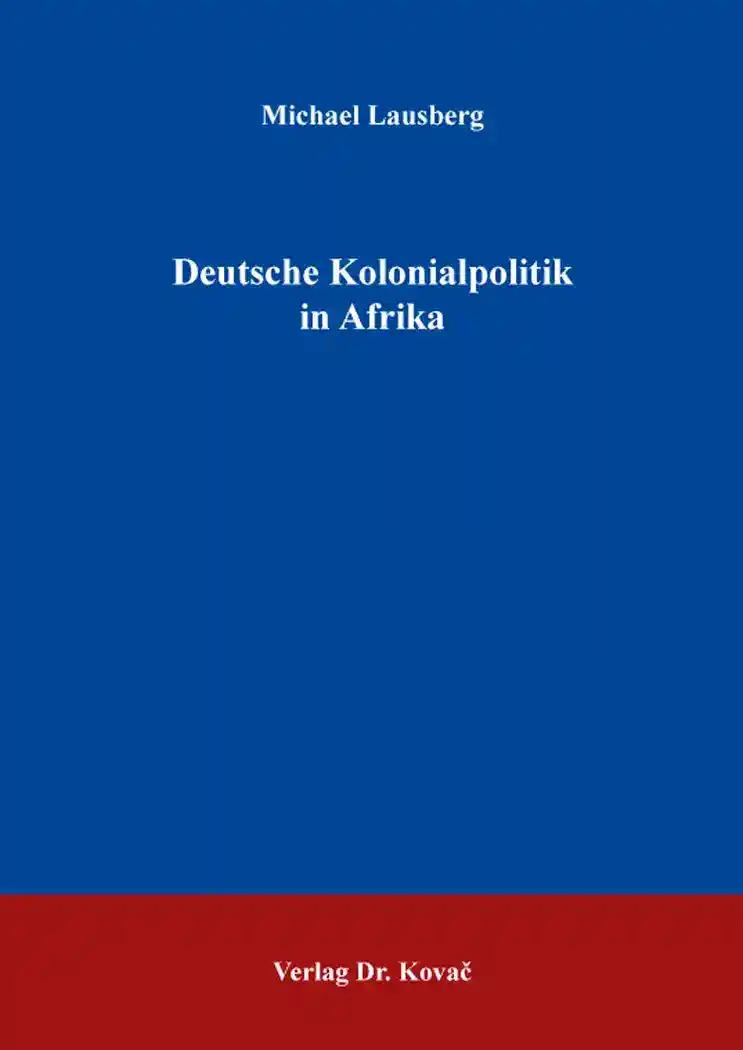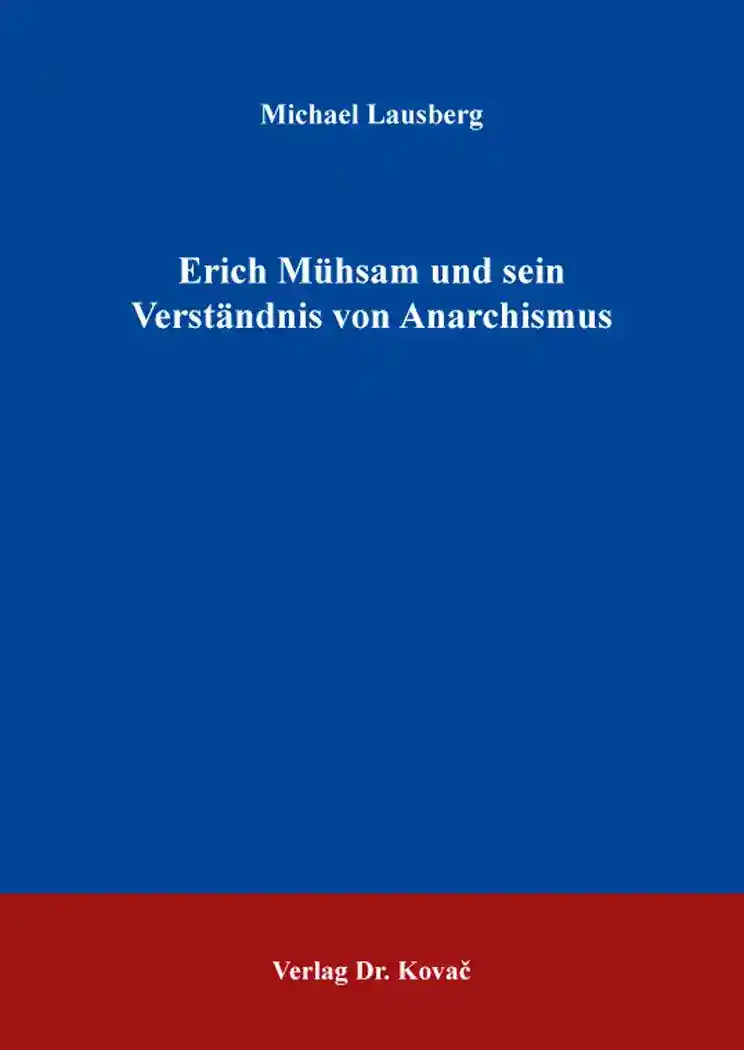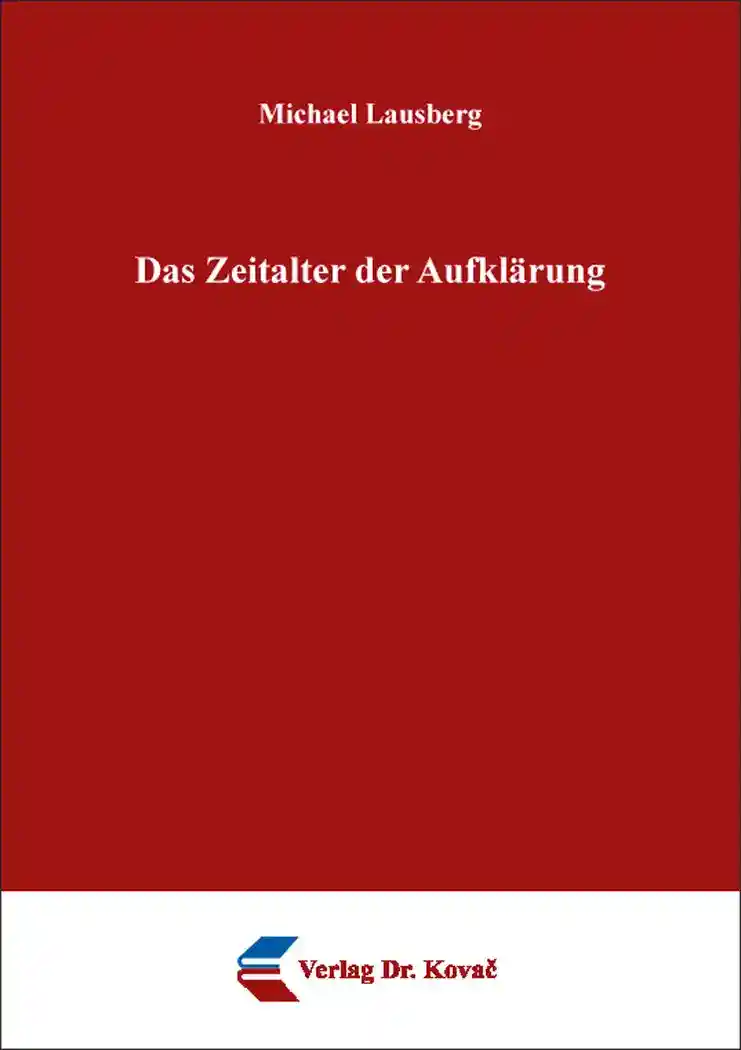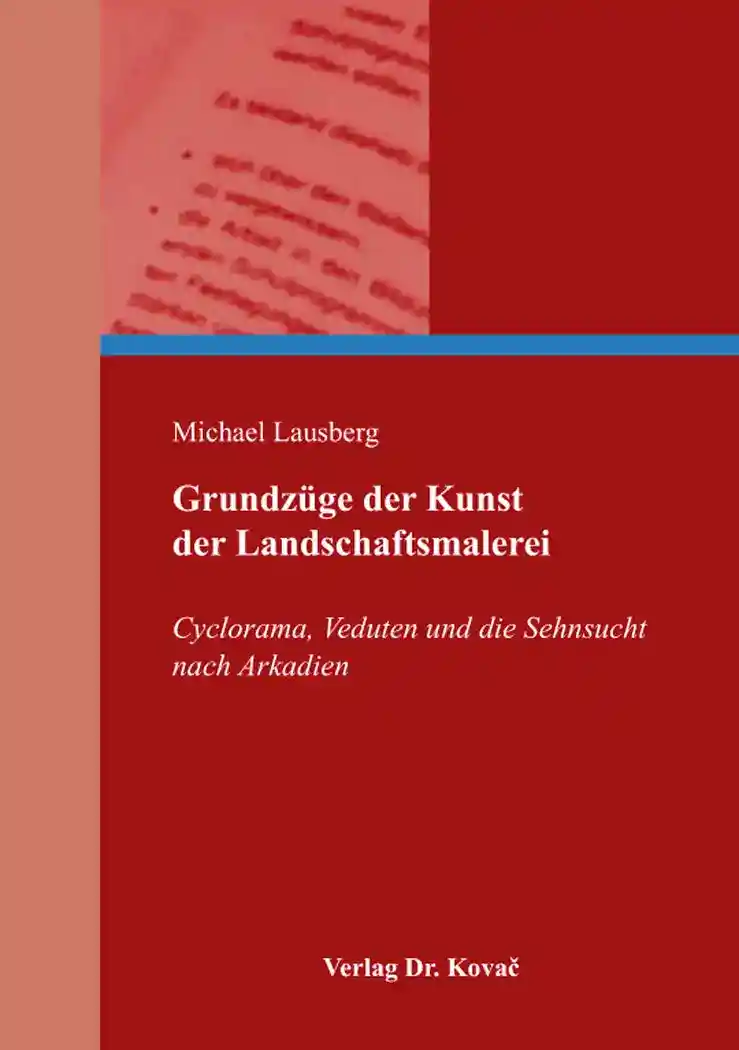Michael LausbergDer Große Nordische Krieg 1700–1721
Geschichtswissenschaftliche Studien, volume 8
Hamburg 2023, 116 pages
ISBN 978-3-339-13262-8 (print)
ISBN 978-3-339-13263-5 (eBook)
About this book deutschenglish
This monograph shows the events, the political actors, goals and the power constellations of the The Great Northern War (1700–1721). The consequences of the war for whole Europe are sketched.
The baltic sea region was ever embattled. In the 13th to 16th centuries, the strongest economic force in Northern Europe was the Hanseatic League, a federation of merchant cities around the Baltic Sea and the North Sea. In the sixteenth and early seventeenth centuries, Poland, Denmark and Sweden fought wars for the lordship over the Baltic Sea. The goal of Swedish warfare during the 17th century was to make the Baltic Sea an all-Swedish sea, something that was accomplished except the part between Riga in Latvia and Stettin in Pomerania.
This is evident in The Great Northern War (1700–1721) a conflict in which a coalition led by the Tsardom of Russia successfully contested the supremacy of the Swedish Empire. The war began when an alliance of Denmark-Norway, Saxony and Russia, sensing an opportunity as Sweden was ruled by the young Charles XII, declared war on the Swedish Empire and launched a threefold attack on Swedish Holstein-Gottorp, Swedish Livonia, and Swedish Ingria. Sweden parried the Danish and Russian attacks at Travendal (August 1700) and Narva (November 1700) respectively.
The war ended with the defeat of Sweden, leaving Russia as the new dominant power in the Baltic region and as a new major force in European politics. The formal conclusion of the Great Northern War came with the Swedish-Hanoverian and Swedish-Prussian Treatiers of Stockholm (1719), the Dano-Swedish Treaty of Fredeiksborg (1720), and the Russo-Swedish Treaty of Nystad (1721). By these treaties Sweden lost the Baltic provinces and the southern part of Swedish Pomerania.. The peace treaties also ended ist alliance with Holstein-Gottorp. Hanover gained Bremen-Verden, Brandenburg-Prussia incorporated the Oder estuary, Russia secured the Baltic Provinces, and Denmark strengthened ist position in Schleswig-Holstein. In Sweden, the absolute monarchy had come to an end with the death of Charles XII.
Keywords
18. JahrhundertGeschichteNordischer KriegOstseeOstseeraumRussisches ReichSchwedenSkandinavienYour book at Dr. Kovač Publishing House
Weitere Bücher des Autors
Geschichte und Kultur Äthiopiens
Hamburg 2021, ISBN 978-3-339-11896-7 (Print) | ISBN 978-3-339-11897-4 (eBook)
Preußens Herrscher vom „Großen Kurfürsten“ bis Friedrich Wilhelm IV.
Hamburg 2020, ISBN 978-3-339-11764-9 (Print) | ISBN 978-3-339-11765-6 (eBook)
Deutsche Kolonialpolitik in Afrika
Hamburg 2020, ISBN 978-3-339-11224-8 (Print) | ISBN 978-3-339-11225-5 (eBook)
Erich Mühsam und sein Verständnis von Anarchismus
Hamburg 2019, ISBN 978-3-339-10794-7 (Print) | ISBN 978-3-339-10795-4 (eBook)
Hamburg 2018, ISBN 978-3-339-10366-6 (Print) | ISBN 978-3-339-10367-3 (eBook)
Grundzüge der Kunst der Landschaftsmalerei
Cyclorama, Veduten und die Sehnsucht nach Arkadien
Hamburg 2018, ISBN 978-3-339-10046-7 (Print) | ISBN 978-3-339-10047-4 (eBook)
